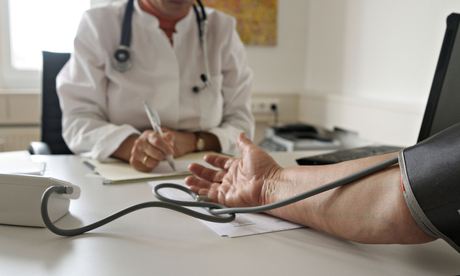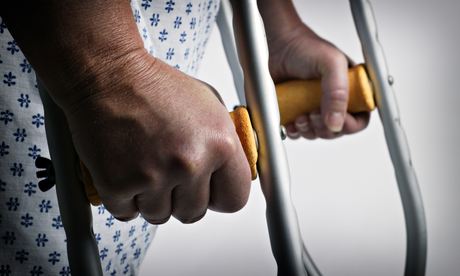If you are like me and rely on an EpiPen to keep you or your child safe from a life-threatening allergic reaction, you’ve probably left the pharmacy thinking, “That’s outrageous for such an essential drug.”
Now we know exactly how outrageous it is: The price of the EpiPen—an auto-injector of the inexpensive hormone ephinephrine—has skyrocketed by more than 600% since 2008, Money reports, from around $ 100 for the standard two-pack in 2008 to more than $ 735 today.
Fueling the fury is the fact that the epinephrine itself costs about $ 1, according to Consumerist. Even more disturbing is how much some of the executives at Mylan, EpiPen’s maker, have profited: The compensation of Mylan CEO Heather Bresch, for instance, has soared from $ 2,453,456 in 2007, when Mylan first acquired EpiPen, to $ 18,931,068 in 2015, according to NBC News.
The pressing question now is: Is this legal? Members of Congress including Minnesota Senator Amy Klobuchar (D) and Iowa Senator Chuck Grassley (R) are demanding Congressional hearings into the pharma company’s pricing practices. They’re joining a growing chorus who say that the steep price is putting some of the nation’s estimated 15 million people with food allergies in grave danger. (The devices are also commonly prescribed for severe allergies to insect stings and latex.)
RELATED: Your 12 Worst Allergy Mistakes
Mylan has responded with a statement on their website that details the significant investment the company has made in allergy awareness campaigns and patient coupon subsidy programs. It states that the changes in insurance programs are fueling the high sticker price: ”With the current changes in the healthcare insurance landscape, an increasing number of people and families have enrolled in high deductible plans, and deductible amounts continue to rise. This current and ongoing shift has presented new challenges for consumers, and now they are bearing more of the costs.”
But more people are doing without this critical medicine. Some on high deductible plans are leaving the pharmacy without the injector, unable to pay $ 600 or more. Others are making do with just one set—even though allergists instruct you to leave an EpiPen with a school nurse, the teacher, afterschool programs, etc. Relying on expired pens and DIYing epinephrine-delivering syringes are dangerous practices, allergy experts warn.
So how can Mylan can get away with price gouging for an essential drug? EpiPen has no real competition, according to Fortune. A competing device called Auvi-Q was launched by Sanofi US but recalled in 2015 for administering an incorrect amount of the drug, a potentially deadly problem. There may be a competitor on the horizon though: an epinephrine device with a longer shelf-life is expected from Windgap Medical in 2018.
An EpiPen is something you buy and pray you never have to use. If you do need it, it is a literal lifesaver. When given swiftly and properly—you inject it into the thigh and hold for 10 seconds—it can quickly undo the airway swelling, cardiovascular events, tissue swelling, and other dangerous effects of an anaphylactic reaction. If you don’t have enough epinephrine at the ready for prompt injection, the result can be death. Some reactions require more than one injection, which is why the drug comes in a two-pack (and you are supposed to carry both with you; you don’t leave one at school and one at home, as has been reported).
RELATED: 31 Everyday Things You Didn’t Know You Could Be Allergic To
I have used an EpiPen on my younger son, who is highly allergic to tree nuts and peanuts. I know the drill, as all allergy families do: Do not go anywhere without at least two EpiPens. Do not hesitate to use the EpiPen at first signs of severe reaction, and use the second if needed. Call 911, then go straight to the ER.
I know the benefits firsthand. It works. It saves. It is the fifth member of our family, with us at all times. I am thankful for epinephrine beyond words.
As a working parent fortunate enough to have solid health insurance, I can curse my $ 60 copay (the highest tier in my ”gold” insurance plan, and twice what it was when I started buying EpiPens in 2009) and plunk down a credit card. For back to school, I’ll spend $ 180 on three; with all the other school costs, we feel that. We can swing it though. Many, many, many families cannot.
This isn’t an optional drug, it isn’t a drug that you can safely use past its expiration date, and it shouldn’t be priced out of anyone’s reach.
Here Are the Real Dangers of Charging $600 for the EpiPen

